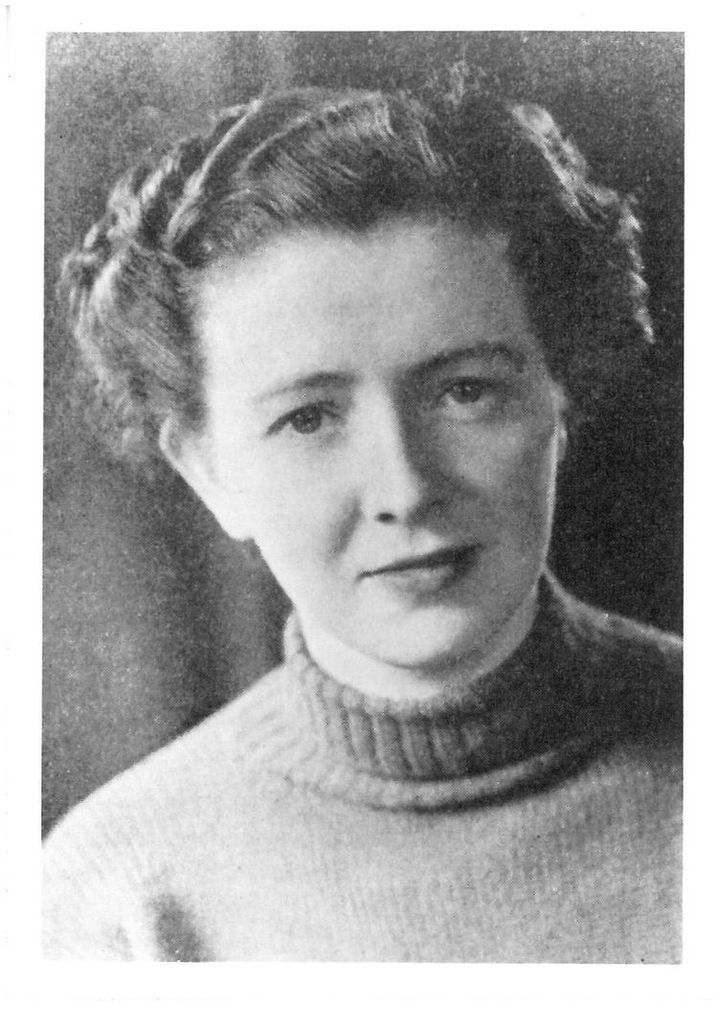- Books Name
- (English) Hornbill & Snapshot Class-11
- Publication
- PathSet Publications
- Course
- CBSE Class 11
- Subject
- English
Father to son
by Elizabeth Jennings

Introduction: “ Father to Son” deals with an estrange relationship, lack of understanding and an absence of a rapport between a father and his son. The father's longing for the same relationship they enjoyed during the sons childhood is very touching. Ready to forgive him, he helplessly watches the gap between the two becoming increasingly and unbridgeable.
Stanza 1
I do not understand this child
Though we have lived together now
In the same house for years. I know
Nothing of him, so try to build
Up a relationship from how
He was when small. Yet have I killed
Explanation
In the above stanza, the poet shares his feelings about his relationship with his son. He says that although they both had lived together in the same house for many years, yet he doesn’t understand him. He doesn’t know anything about his son, his likes and dislikes. He tried to build up a relationship with him from the time he was vain and small. His son has changed as he has grown up.
Stanza 2
The seed I spent or sown it where
The land is his and none of mine?
We speak like strangers, there’s no sign
Of understanding in the air.
This child is built to my design
Yet what he loves I cannot share.
Sown – do something which will bring a result
Explanation The father uses ‘I’ in the first line to acknowledge his role in the communication gap between them. He says that despite all efforts, his son was in another place that the father cannot access. They used to talk to each other like strangers and there was no sign of understanding between them. His child used to look like him and yet he didn’t know what his son loved.
Stanza 3
Silence surrounds us. I would have
Him prodigal, returning to
His father’s house, the home he knew,
Rather than see him make and move
His world. I would forgive him too,
Shaping from sorrow a new love.
Prodigal – spending money freely
Explanation There is silence between them. As a child, he was a prodigal son and now his father wanted him to return to his house, the one he knew. He didn’t want his son to move around and make his own world. He was ready to forgive him and let go of the sorrows he had inside because of him, because of the distance between them. He wanted to love him again.
Stanza 4
Father and son, we both must live
On the same globe and the same land,
He speaks: I cannot understand
!!!, why anger grows from grief.
We each put out an empty hand,
Longing for something to forgive.
Grief – sorrow, sadness
Explanation The son speaks for the first time and explains what he feels. He also feels sad about the distance between them. He shares that he is at a point where he doesn’t understand himself. His anger arises out of his sadness. It is quite clear that on both sides lies the same frustration about the gap in their relationship. They both want to forgive each other and yet they cannot find a solution to the problem. Both of them put out an empty hand for the other to seek, always in vain.
Father to Son Literary Devices
Simile – a figure of speech that makes comparison and shows similarities between two things
We speak like strangers
Alliteration – The occurrence of the same letter or sound at the beginning of closely connected words
The seed I spent or sown it where – ‘s’ sound
Silence surrounds us
Metaphor – an indirect comparison between a quality shared by two persons or things
The seed I spent or sown it where
The land is his and none of mine?
I would have
Him prodigal, returning to
His father’s house
Poem-5
Father to Son
By Elizabeth Jennings

Father to Son Poem Introduction
Elizabeth Jennings wrote the poem 'Father to Son.' The poem depicts the anguish of a father who has a strained relationship with his son. His son has grown up and is leading a full life. The father is bitter about the generation gap between them and the feeling of separation. He expresses his feelings by stating that he doesn't know much about him and that there is no sign of understanding. He wishes for their relationship to be similar to that of his son when he was a child. He is doing everything he can to solve the problem, but it is futile. As a result, they are drifting apart.
Father to Son Poem Summary
The poem is about a father's anguish as he rants about his uneasy relationship with his grown-up son. He admits that despite living in the same house for years, he doesn't understand him. He knows nothing about him, and even if he tried to build a relationship with him like he did when he was a small child, it would be futile.
He goes on to say that even though his son looks like him, he has no idea what he loves. He recognises their communication gap and lack of understanding, and they speak as strangers. His son is in a different place, which he cannot reach due to the growing gap. There is silence between them. He is willing to forgive his errant son. He wants to welcome him back to the house he has always known. He does not want his son to travel the world. He longs to be loved by him.
Finally, the son speaks up and expresses his feelings. He is at a point where he is unable to understand himself. He is saddened by the growing distance between them, and he is angry as a result of his grief and sadness. They put out an empty hand towards each other but none of them holds it. They want to forgive each other but can't come up with a solution.
Father to Son Poem Explanation
I do not understand this child
Though we have lived together now
In the same house for years. I know
Nothing of him, so try to build
Up a relationship from how
He was when small. Yet have I killed
The poet expresses his feelings about his relationship with his son in the preceding stanza. He says that despite the fact that they have both lived in the same house for many years, he does not understand him. He knows nothing about his son's likes and dislikes. From the time he was vain and small, he tried to establish a relationship with him. His son has evolved as he has grown up.
The seed I spent or sown it where
The land is his and none of mine?
We speak like strangers, there’s no sign
Of understanding in the air.
This child is built to my design
Yet what he loves I cannot share.
- Sown – do something which will bring a result
In the first line, the father uses the word 'I' to acknowledge his role in the communication gap between them. He says that despite his best efforts, his son was in another place that the father could not reach. They used to talk to each other as if they were strangers, with no sign of understanding. His son used to look like him, but he had no idea what he liked.
Silence surrounds us. I would have
Him prodigal, returning to
His father’s house, the home he knew,
Rather than see him make and move
His world. I would forgive him too,
Shaping from sorrow a new love.
- Prodigal – spending money freely
There is no word between them. As a child, he was a prodigal son and now his father wanted him to return to his house, the one he knew. He didn't want his son to be free to roam and create his own world. He was ready to forgive him and let go of the sorrows he carried within him as a result of him, as a result of the distance between them. He wanted to love him once more.
Father and son, we both must live
On the same globe and the same land,
He speaks: I cannot understand
Myself, why anger grows from grief.
We each put out an empty hand,
Longing for something to forgive.
- Grief – sorrow, sadness
For the first time, the son speaks up and expresses his feelings. He is also saddened by the distance between them. He admits that he is at a point in his life where he does not understand himself. His anger arises from his sadness. It is clear that both sides are frustrated with the gap in their relationship. They both want to forgive each other, but they can't come up with a solution. Both of them put out an empty hand for the other to seek, always in vain.
Father to Son Poem Literary Devices
1. Simile – a figure of speech that makes comparison and shows similarities between two things
We speak like strangers
2. Alliteration – The occurrence of the same letter or sound at the beginning of closely connected words
The seed I spent or sown it where – ‘s’ sound
Silence surrounds us
3. Metaphor – an indirect comparsion between a quality shared by two persons or things
The seed I spent or sown it where
The land is his and none of mine?
I would have
Him prodigal, returning to
His father’s house
About the Poet


 PathSet Publications
PathSet Publications
 ACERISE INDIA
ACERISE INDIA
